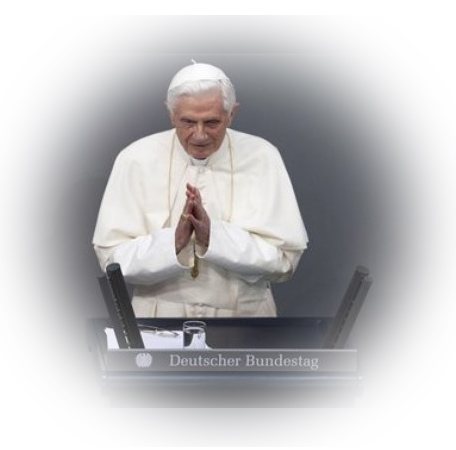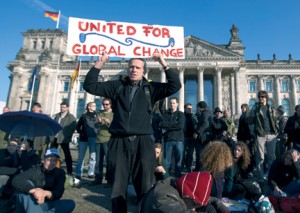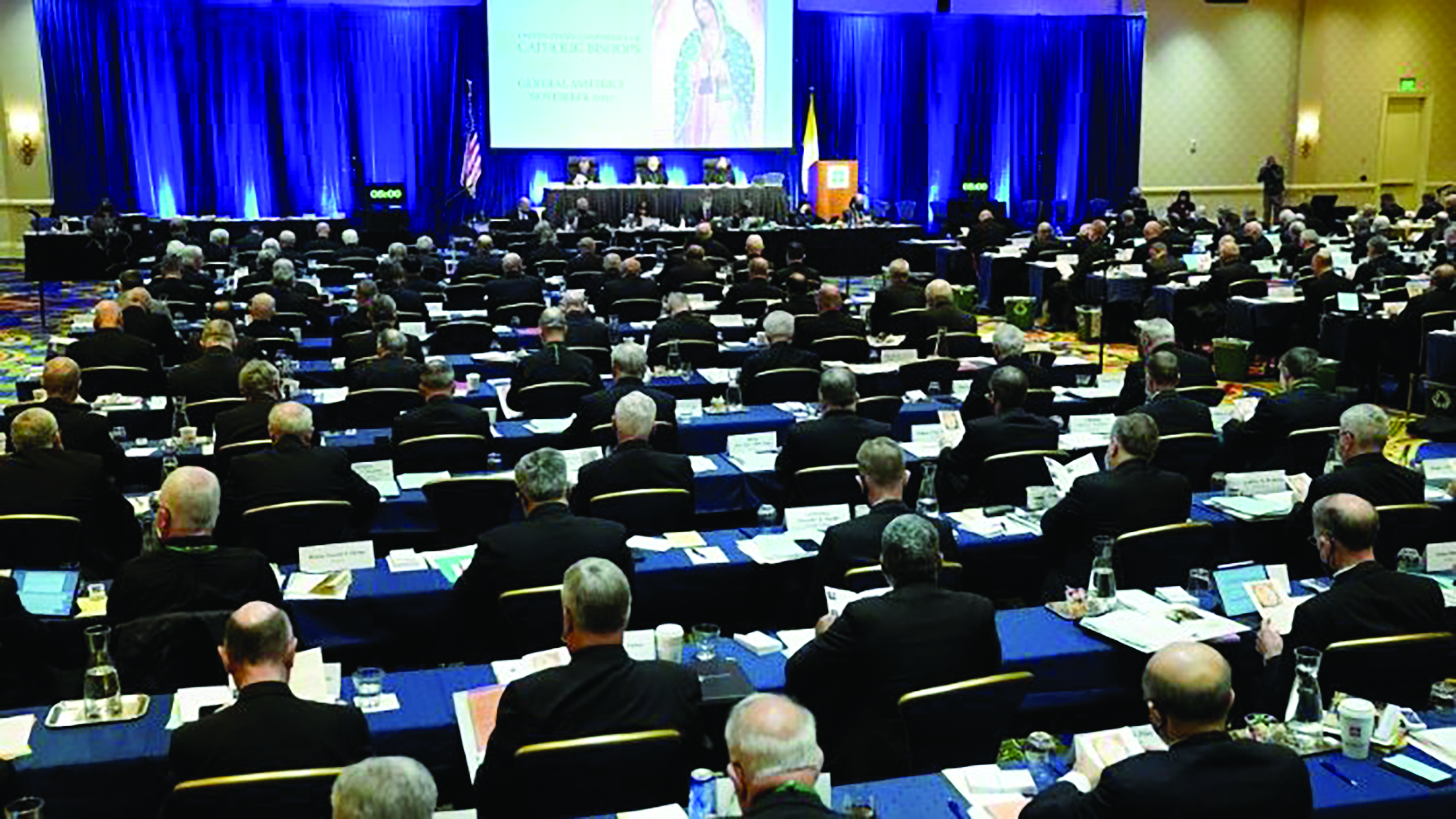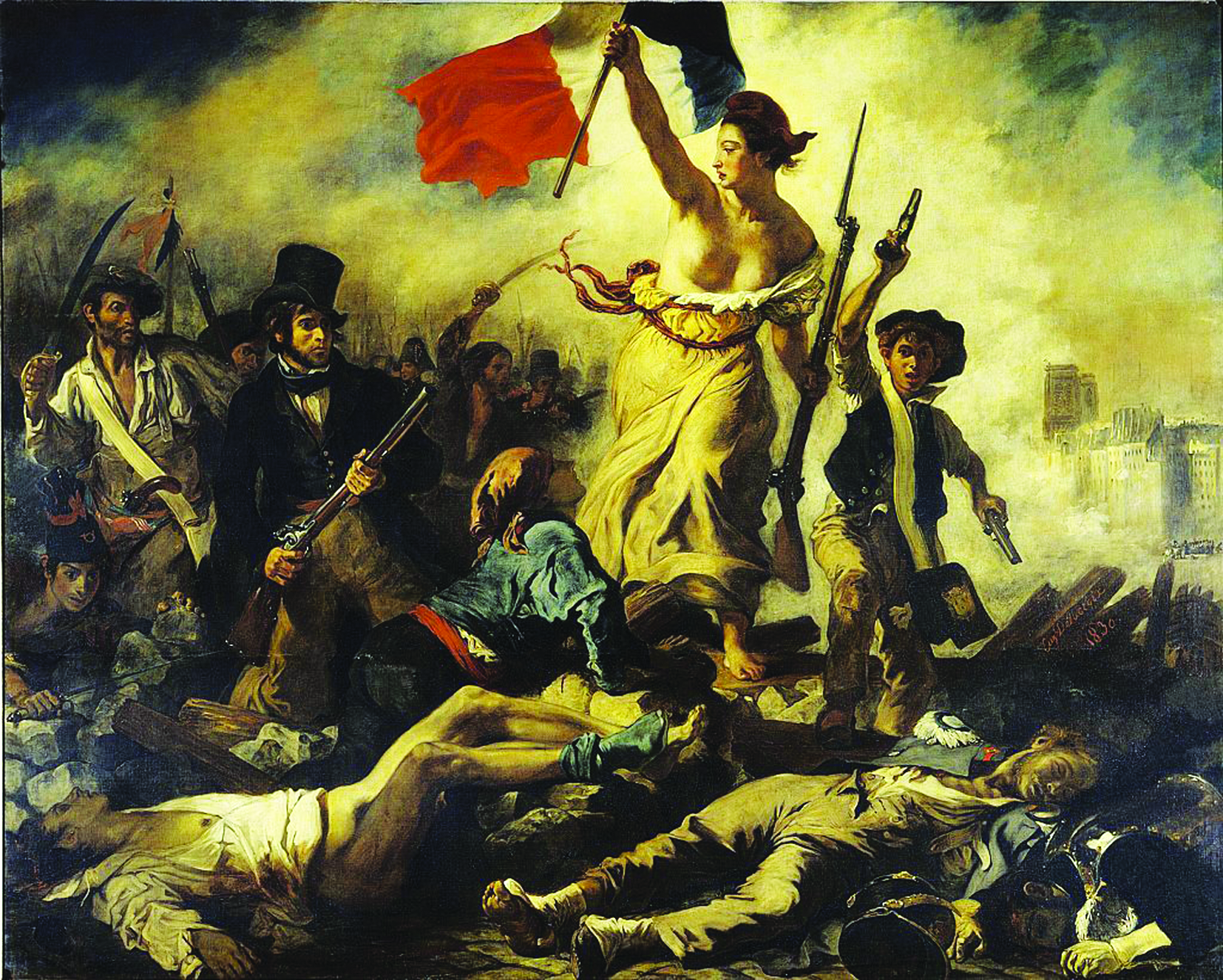On September 22 in Berlin, the German pontiff, who had been born in 1927 and grown up after 1933 under National Socialism, gave a profound reflection on the sources of law. The tensions of that moment — a German native speaking to the government of his country, a Catholic Pope speaking to a secular legislature, a Christian believer speaking to political representatives who are responsible for making the laws of Germany’s modern democracy in the center of a Europe which is itself experiencing a profound financial and cultural-political crisis — made this address riveting.
And Benedict rose to the occasion, delivering one of the most profound reflections of his pontificate as he sought to explain to the assembled lawmakers where the true basis for making laws is.
And because the address was so dramatic, and so profound, and at the same time so little known, as we reflected on the events of 2011, we concluded that we should publish the entire address here, and offer some brief introductory remarks.
The first remark is that Benedict made this occasion a “teaching moment.” He stood before Germany’s entire political class, for the first time ever, and he gave them an honest, profound lesson in where the sources of legislative decisions may be found, or ought to be found.
So Benedict, in September, in Germany, in front of the Budestag, was a teacher — a techer to his countrymen, a teacher to his nation.
The second remark is connected to the first: since Benedict was speaking to a secular audience, and since he was a guest — he was not speaking to a religious audience in St. Peter’s Square in Rome, or in any cathedral anywhere in the world, but in Germany’s parliament — he had to find a way to teach which did not presuppose the religious faith of his hearers, nor his authority as the bishop of Rome, the successor of Peter, the vicar of Christ. In short, he had to be the vicar of Christ — which he is — without presupposing it. He had to find a way to reach his audience where his audience was. And he did this.
He did this by focusing his talk on reason, not on revelation. And in this sense, Benedict’s talk to the German Bundestag must take its place alongside some of the great examples of preaching in the post-Christian world we live in. For those who desire to know how they may carry out the new evangelization, how they may reach out to non-Catholics and agnostics and atheists, people who were once Christian but are no longer, this address is a model. It should be studied; it should be learned; it should be understood. And that is why we publish it here, and why we call it “The Best (Address) of 2011.”
The essence of the Pope’s thinking is that the West, and the world generally, have lost contact with that deep Christian culture in which the faith and its anthropological presuppositions were simply cultural “givens.” So in order to discover what laws a nation should have, what laws are just and good and what laws unjust and evil, there needs to be another type of argument. “Whereas in the past it was possible to recognize a unitary cultural matrix, broadly accepted in its appeal to the content of the faith and the values inspired by it, today this no longer seems to be the case in large swathes of society, because of a profound crisis of faith that has affected many people,” Benedict said recently when he declared the upcoming “Year of Faith” (2012-2013).
So what is Benedict really saying? He is saying that, during this upcoming “Year of Faith,” Catholics should engage in a profound cultural-religious effort to renew their faith, to deepen their understanding of that faith, and to share that faith with others, not only in actual teaching, but also through exemplary actions of Christian charity. And that is what the Pope did in this remarkable speech in Berlin. He presented the model of Solomon to the lawmakers, the model of a “listening heart,” and in doing so, gave those lawmakers a first taste of that longing which ultimately leads to the holy, to the transcendent, to the Good in the Platonic sense, and finally, to Christ himself, and to Christ’s bride, his Church.








Facebook Comments